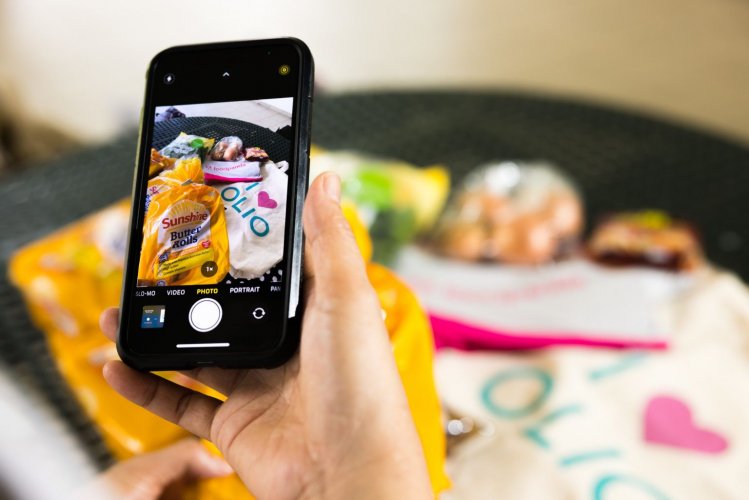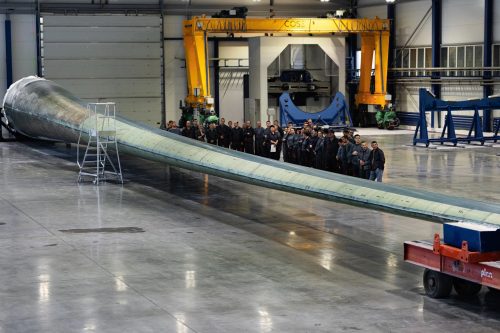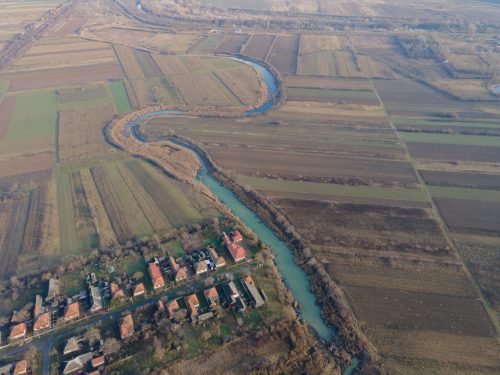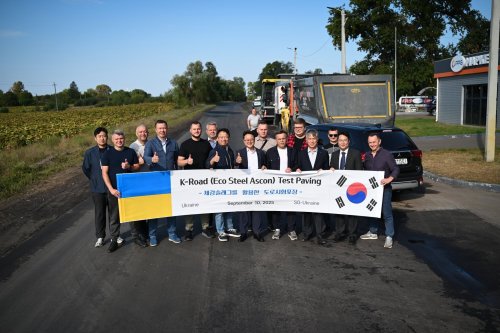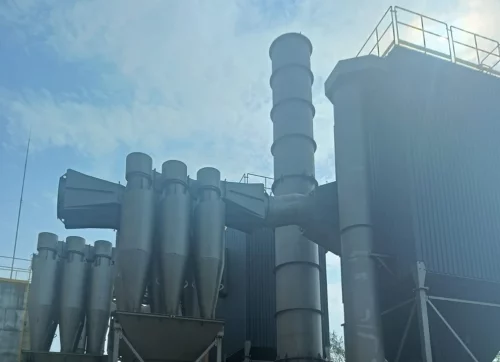In Singapore, the online store Pandamart Singapore has partnered with the Olio app on free redistribution of unsold food to combat food waste.
Through the app, communities are offered any Pandamart food with minor defects, or which is running out of time, according to Green Queen.
The partnership began in December 2021, when almost 400 kg of food was delivered in the city of Leva. This is equal to 900 dishes for 180 families. In March, 2 more Pandamarts stores joined the initiative. The platform, owned by Foodpanda, hopes that all 15 stores will be involved in the program by the end of 2022.
All items are picked up by one of the "food waste heroes" before downloading them to the free collection app, where users request a receipt.
400 kg of food that has already been redistributed comes from one place in Pandamart, which, according to the company's estimates, has avoided 1,700 kg of CO2 emissions and saved more than 295,000 liters of water.
More than 100,000 Singaporeans are already using Olio, sharing surplus food and junk food.
More than half of all product lists added to Olio in the country are collected within half an hour.
"Singaporeans are committed to a zero-waste lifestyle, and the results of the Pandamart trial are a great testament to that. We are incredibly excited to develop this innovative partnership to support as many people and businesses as possible and avoid food waste," said Tessa Clark, CEO and co-founder of Olio.
In Singapore, food waste is a major waste stream. They are a major obstacle to the development of Singapore's Zero Waste master plan. However, the initiative allows not to send edible food to the landfill.
Laura Cantor, Marketing and Sustainability Director of Foodpanda Singapore, said that although the company is trying to ensure that supplies are in demand, there is a surplus of food that will not be sold.
"Instead of throwing them away, we can reduce food waste by redistributing it, and our partnership with Olio allows us to do it easily and efficiently. Minimizing food waste is one of the key pillars that shape our sustainable development program at Foodpanda , and we want to play a bigger role in supporting Singapore's plan to become a waste-free nation, "she explained.
The material also noted that not only Singapore is actively trying to fight its food waste. So in the US, Google cafeterias are trying to take steps to reduce the likelihood of waste.
In the UK, Wrap, a non-profit environmental education organization, has conducted a study on the link between fresh plastic products and food waste levels. The findings suggest that selling crumbly goods, without packaging at all, with a longer shelf life, would save more than 10,200 tons of plastic waste and save 100,000 tons of food from malnutrition in the 18 months of the study period.
It will be recalled that Driven to Waste research has shown that almost 40% of the world's food remains unconsumed.
As EcoPoliticа reported earlier, оn holidays Ukrainians throw out products for 1 billion hryvnias.

